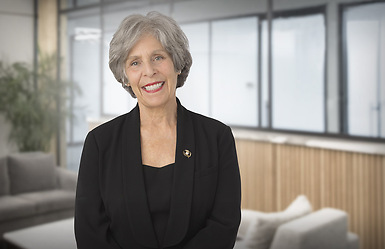College administrators, coaches, and many of the rest of us were surprised to learn that scholarship football players at Northwestern University are “employees” for purposes of the National Labor Relations Act and thus may vote on representation by the College Athletes Players Association, affiliated with the United Steelworkers. The final chapter on this decision—currently applicable to private institutions and scholarship athletes—won’t be written until the appeals have been exhausted and similar claims have been litigated.
More immediately, the Service Employees International Union (SEIU) actively seeks to organize adjunct faculty at public and private colleges and universities in at least eight key metropolitan areas. SEIU is a large and powerful union, skilled at using social media and its online presence to organize “below the radar.” A predominate player in health care and the public sector, it already represents employees on many college campuses.
Last month SEIU launched the Adjunct Action Network, and set the goal of organizing a million adjuncts across the country. SEIU launched this campaign at a “national town hall” event at Georgetown University, and is focusing its initial efforts on adjunct faculty in Washington D.C., Boston, Los Angeles, Minneapolis/St. Paul, New York, Philadelphia, San Francisco and St. Louis.
The SEIU’s new website solicits the names and contact information of adjunct faculty, along with their key concerns, and links adjunct faculty within a metropolitan area. This not only gives SEIU a great deal of information, but helps it forge ties among faculty at various institutions around particular issues, a tool it has used successfully in health care organizing.
Adjunct faculty are an attractive target. They are smart, have invested years in education, often at considerable expense, and many say that they feel disillusioned by working without benefits, job security, or meaningful involvement with the collegiate community. Already their concerns have been the subject of an online petition, Congressional review, a two day walk-out at the University of Illinois at Chicago and considerable online commentary.
Colleges and universities are wise to consider and address issues such as compensation, institutional integration, opportunities for advancement and general satisfaction before receiving a union representation petition from the NLRB or its state counterparts.
For more information on this topic, please contact a member of Fredrikson & Byron’s Labor Management Relations Group: Karen Schanfield, Rick Ross, Bridget Penick and Krista Hatcher.



